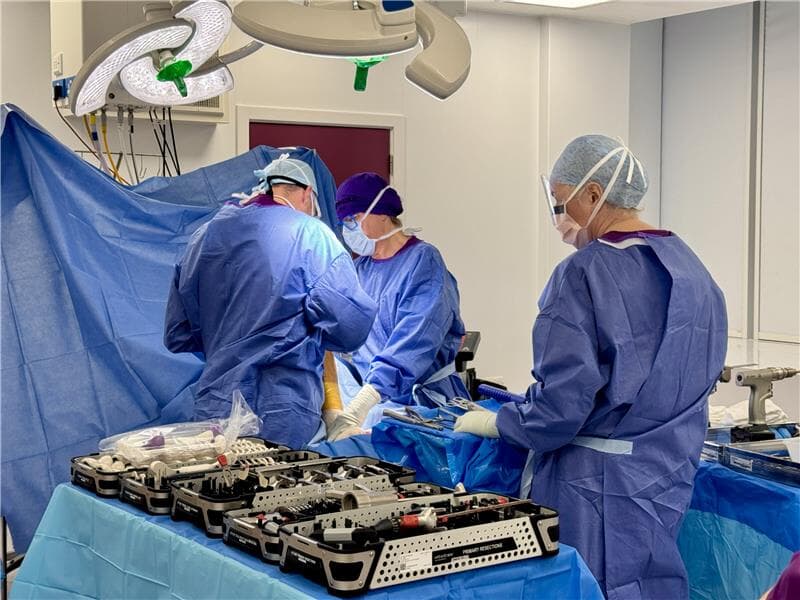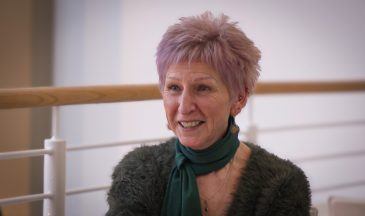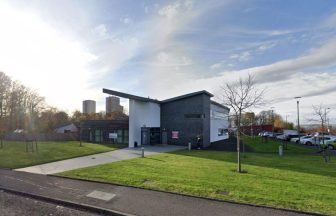“All I want to do is take my baby granddaughter out and push her in her pram without being afraid I’ll fall.”
For Maureen Higgins, what once felt impossible, is now possible. The 66-year-old grandmother from Newarthill is walking without excruciating pain after a full knee replacement at Glasgow’s newest private hospital.
“My granddaughter is a year old. I haven’t been able to hold her properly until I got this operation. I have the confidence now because I know this knee is not going to give way. Every day has been a bonus.”
A retired sound engineer, Maureen loved travel and socialising. But by 2018, she was struggling to walk.
“I just wanted to stay in the house,” she said. “I went into serious depression. I wouldn’t go out anywhere. The pain was so bad I was holding onto fences. Simple things like walking to catch a train felt like running a marathon.”
Told she needed to lose weight before being considered for NHS surgery, she joined a slimming club, losing five and a half stone. But the wait times remained daunting.
“I was told it was an 88 week wait for a consultation with a surgeon and then another four years. I had decided I was going to go to Lithuania because the NHS waiting list was really bad. Then I did more research and eventually decided on here. I paid £9,995 for the surgery. I saved every penny. I had been due to retire but I worked on for months to make sure I had the money because I wanted my life back.”
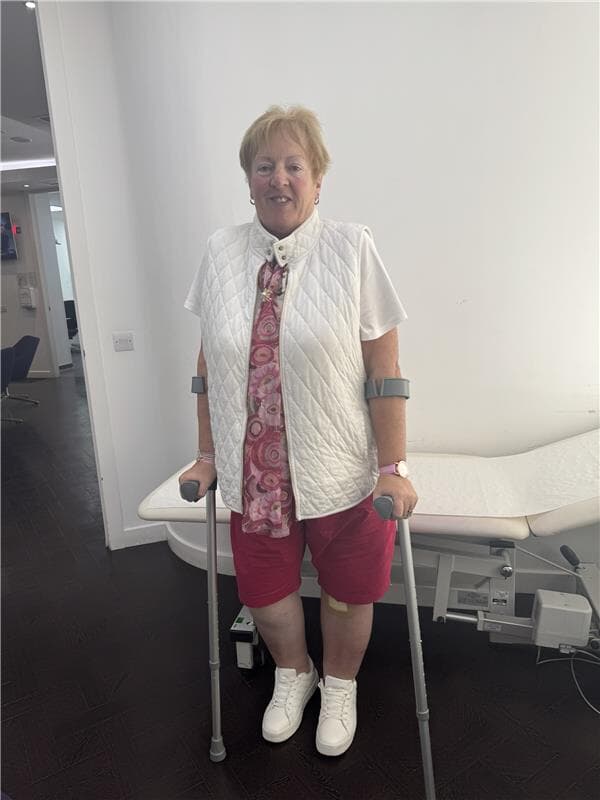 STV News
STV NewsTwo weeks after her operation at Elanic Hospital, Glasgow’s newest private hospital, she says she feels “like a new person.”
“The best thing, believe it or not, it’s actually walking more than four steps. You don’t appreciate your mobility until it’s taken away from you and when you get that back, it’s just a new lease of life.”
For 72-year-old John McKay, from Cumbernauld, the decision was about more than mobility – it was about passion. A keen tennis player, he has no intention of slowing down and allowed STV News into the operating room as he received the first of two new knees.
“I had been experiencing more and more pain walking and coming up and down stairs and walking. I originally saw a consultant at the Louisa Jordan Hospital during covid. He x-rayed my knees, but he said I couldn’t have keyhole surgery. I left it until last October and saw to an NHS physiotherapist.
“One day I was walking in the city centre with my wife, we saw the signs outside Elanic. We came in for a look and that led to a consultation. I am not getting younger, so I thought I’ll just go for it.”
These personal stories reflect a broader shift in Scotland’s healthcare landscape. Elanic, which began 13 years ago offering cosmetic procedures, opened its £6m private hospital in Glasgow’s Bath Street in February.
Once a Royal Bank of Scotland, the building now houses three state-of-the-art operating theatres and a five-bed ward over two floors.
Since opening, more than 200 patients have come through its doors for life-changing procedures, including over 150 hip and knee surgeries. Demand has exceeded expectations.
Managing director Kristian Campbell said: “I think there is a misconception around private health care that it is only for the super wealthy or sports professionals. There is a demand out there for trying to get people better sooner, for instance so they can get back to work. We are very busy across all specialties, particularly in orthopaedics. We also offer bariatrics, cosmetic, gynaecology, urology and general surgery.
“The demand has picked up to where we’re going to have to operate six days a week and soon seven days. We are opening a new outpatient department next door this month with another five consulting rooms. The next stage will be diagnostics. We’re looking at a joint venture with an MRI scanner.
“The NHS is amazing at what it does. We are doing only a very small fraction of it does and offering an option for suitable patients. We are here to support with demand. If we can take some small pressures off the NHS, then hopefully this should allow quicker access for those who really need to see the NHS.”
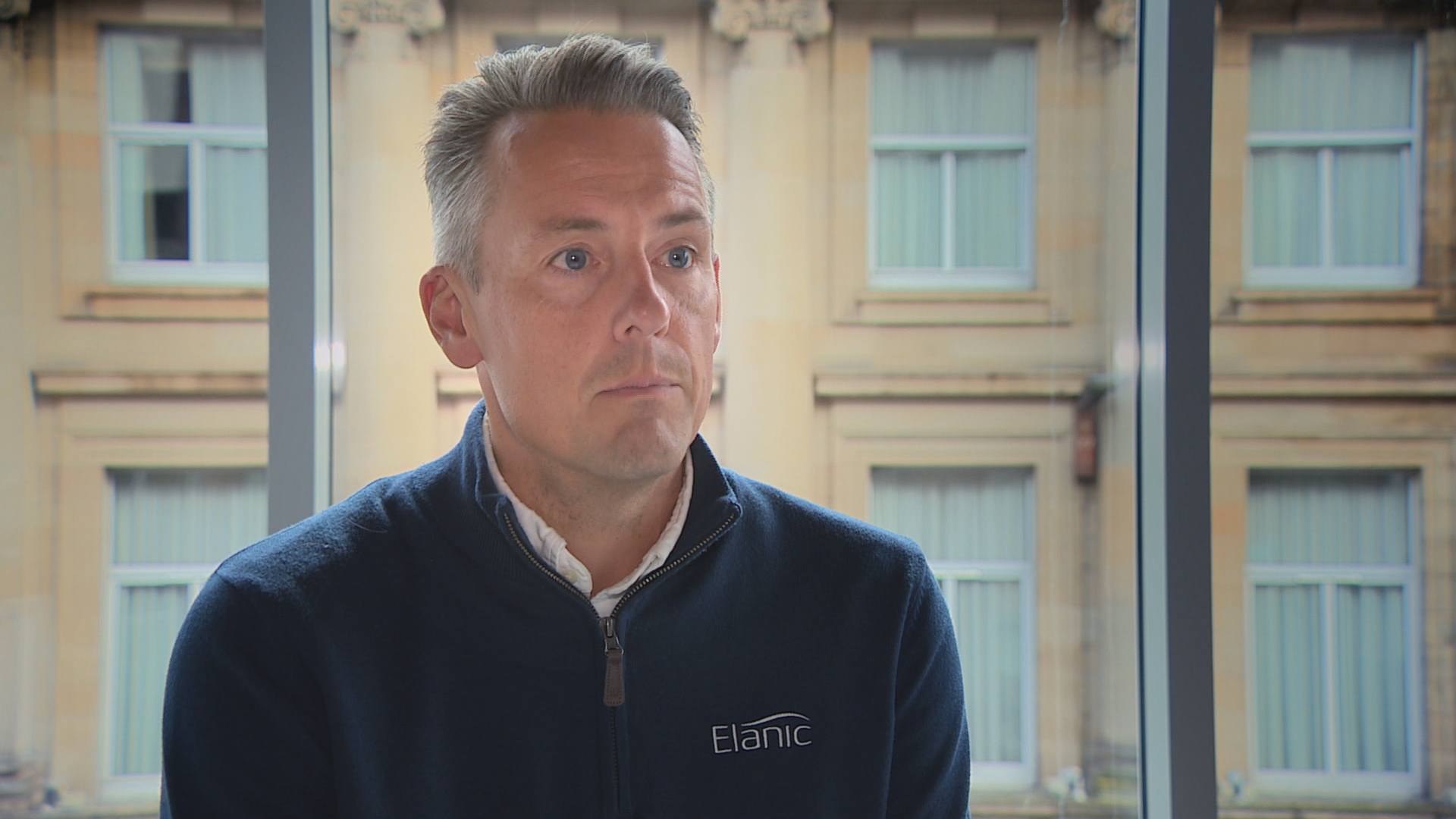 STV News
STV NewsConsultant orthopaedic surgeon Colin Drury said the hospital had recruited surgeons who specialise in day case procedures, focused on recovery at home: “We’re seeing anyone from their early 50s right up until their mid-80s but arthritis can affect anyone through their whole adult life depending on the severity.
“The day case model we are following has been developed and honed within the NHS. If we can get people operated on early in the morning home that night, that’s excellent. Those operated from the middle of the day onwards usually are home the next morning or afternoon.”
Back in the operating theatre, an hour after the first incision was made, John was ready to be moved into recovery.
Waiting on the ward to look after him is 26 year-old nurse Kayleigh Stewart, who previously worked five years in the NHS.
She described the difference in workload: “Typically we have between two and three nurses on the five-bed ward which is so different to what I was used to in the NHS. Every day here is different with the variety of specialities. We are definitely a ‘jack of all trades’ here.
“The day case model has been exciting because this allows for enhanced recovery that gets people out the door and home quicker. They recover better at home. We work closely with the surgeons. Making sure we give out the right information is always key.”
A week before hip and knee surgery, each patient is enrolled in what is called Joint School. This relationship with a physiotherapist then becomes crucial when they wake up after their operation and during aftercare at home.
Within hours of his operation, John was standing with the help of a physiotherapist. Twenty hours later, he had successfully walked up and down a flight of stairs.
“I was amazed when I came off the bed, I could get so much bend in my knee. I’m feeling really optimistic, and the speed of the whole process is hard to believe. I just can’t wait to do the other knee. I’ll hopefully be back for that in January.”
Physiotherapist John Neeson added: “Four hours later, we get you walking, that is imperative for your recovery. You will be walking with aids, whether its crutches or a zimmer frame but you will be walking on day one of your surgery, which is a fantastic thing. With advancements in rehabilitation, I would usually expect somebody to be walking without an aid within six weeks, possibly back driving within 8 weeks.”
Yet the increase in private treatment comes amid warnings that Scotland risks sliding towards a two-tier system.
The latest quarterly figures reveal the highest number of private healthcare admissions ever recorded in Scotland. Insurance-funded admissions exceeded 8,000 for the first time, now accounting for more than 60 per cent of all private admissions – the highest proportion since the pandemic. Over 5,000 patients paid for treatment themselves. Primary hip and knee replacement procedures performed in Scottish independent hospitals increased from 4,917 in 2023 to 5,220 in 2024.
Economist Professor Cam Donaldson from Glasgow Caledonian University cautions: “This is a natural market-based response. This is the private sector seizing its opportunity to build on the latent demand that is out there among people in clinical need.
“If there is any part of blame to be attached to the issue, it’s to do with the politicians who set the framework of the healthcare system – largely by how much they’re willing to put in of our tax pounds.
“There’s nothing wrong with using some private sector capacity, as long as it’s funded by the NHS – so that decisions are made on clinical priority rather than the willingness and ability of individuals to pay for their treatment.
“But we could observe a whole generation of younger people who look at this situation as the norm. That could lead them to think ‘private insurance will cover me in future should I need it. Before long, if there are enough people doing it, they could get together and ask for tax breaks, based on what I see as an illusion of helping the NHS.
“If such tax breaks are granted, two-tierism would be further embedded in the NHS, and it would drift further away from its funding principles.”
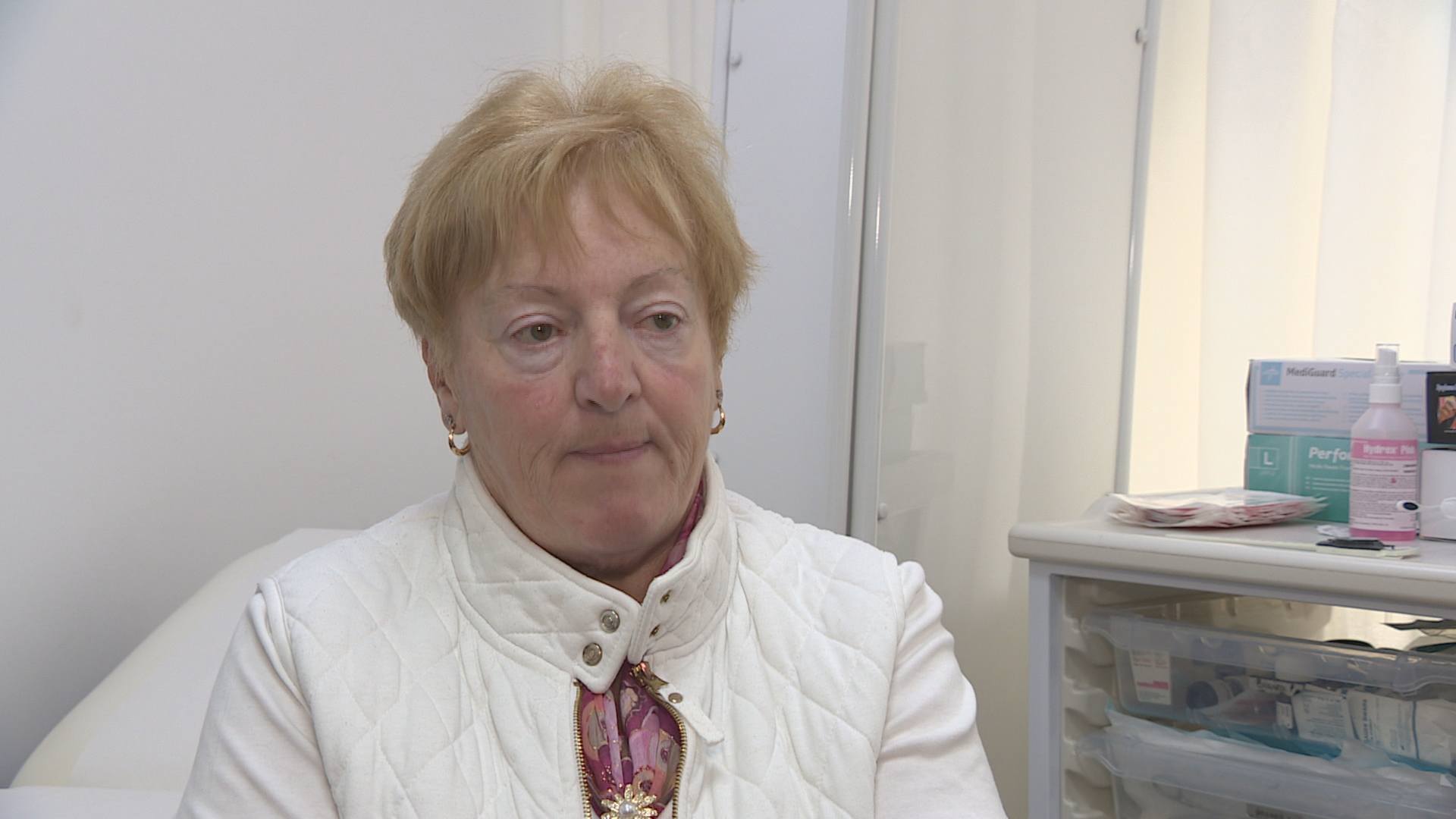 STV News
STV NewsA Scottish Government spokesperson said: “Latest data shows just 1.8% of the Scottish population used private healthcare for inpatient and day case admissions.
“This year, we’re making a record investment of £21.7bn in health and social care, targeting areas with the longest waits, tackling backlogs, and ensuring patients get the care they need faster.
“As part of this, we’re investing over £110 million specifically to reduce long waits. This targeted funding is expected to deliver more than 213,000 additional procedures and appointments over the year.
“Our plan is delivering results: last year, the NHS performed a record number of hip and knee operations, and this July saw the highest level of operations overall since February 2020.”
IHPN Scotland Chair Ken Hay said: “Independent healthcare providers across Scotland are currently experiencing rising levels of demand for private treatment – with growth coming largely through use of workplace private medical insurance – with IHPN’s recent “Going Private 2025” survey showing that two thirds of Scots say they would consider using private healthcare, with over three in ten (31%) saying they would be likely to pay for treatment in the next 12 months.
“Perhaps unsurprisingly, speed of access to care is the top reason cited for choosing to “go private”, with the overwhelming majority of people who have used private healthcare considering it worth the expense – reflecting not only the excellent quality of service and quality of care which the sector provides, but also of the growing value that people are placing on their health and wellbeing.
“In addition to meet the growing demands of private patients, independent healthcare providers all across the country stand ready and able to support the Scottish Government in their efforts to reduce the backlog in NHS care, and are open to providing much needed outpatient, diagnostic and surgical services, free at the point of use for patients”.
You can watch the full report ‘Inside Scotland’s private healthcare boom’ on Scotland Tonight at 10:40pm, on STV and the STV Player.
Follow STV News on WhatsApp
Scan the QR code on your mobile device for all the latest news from around the country


